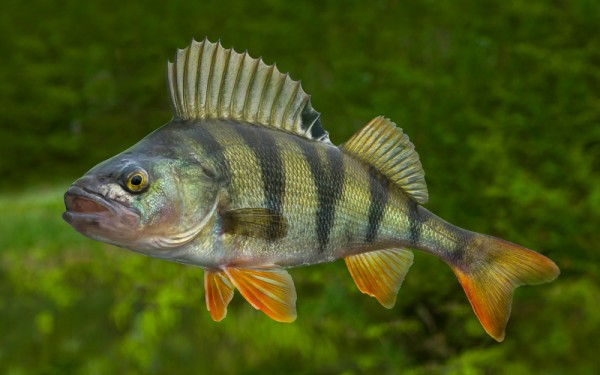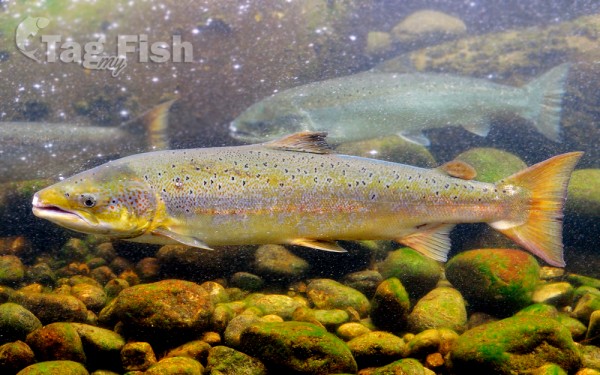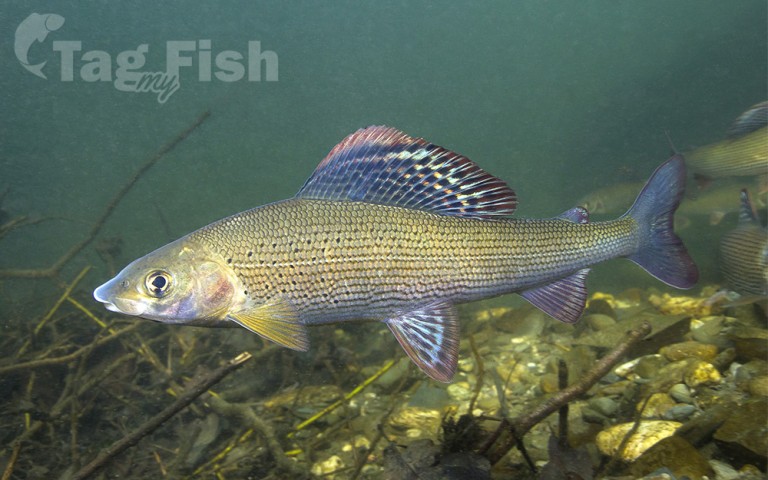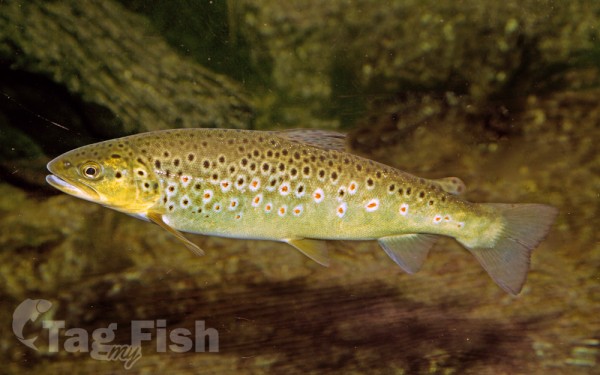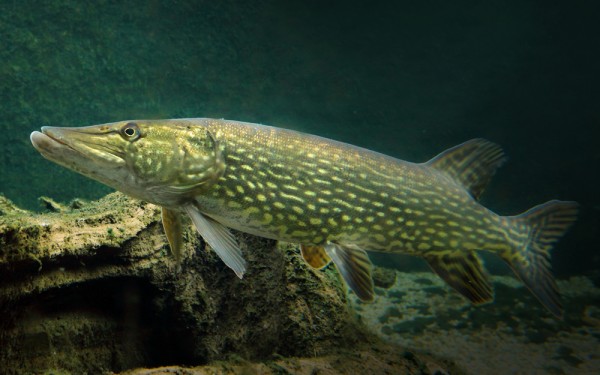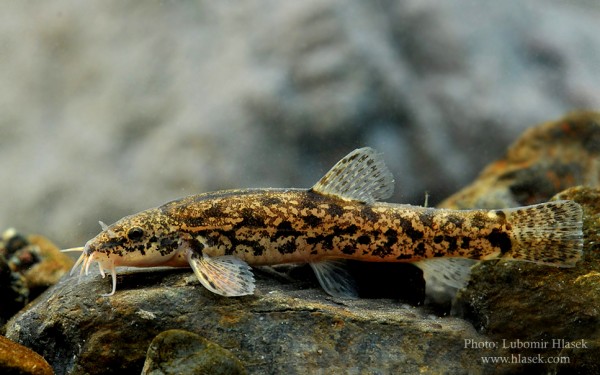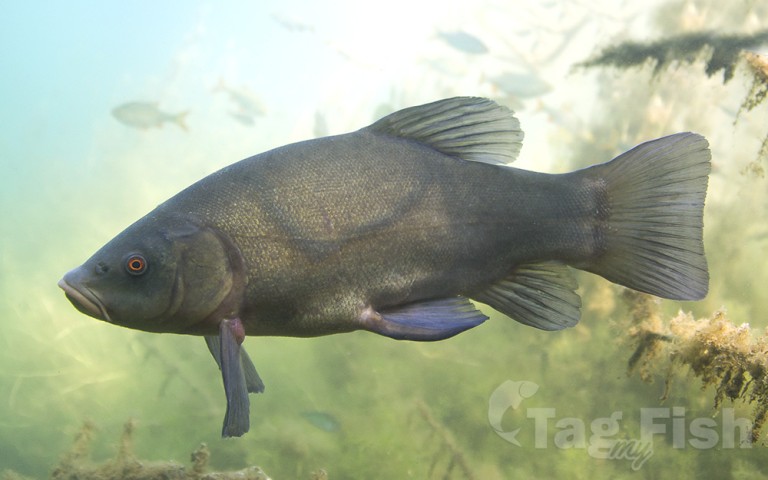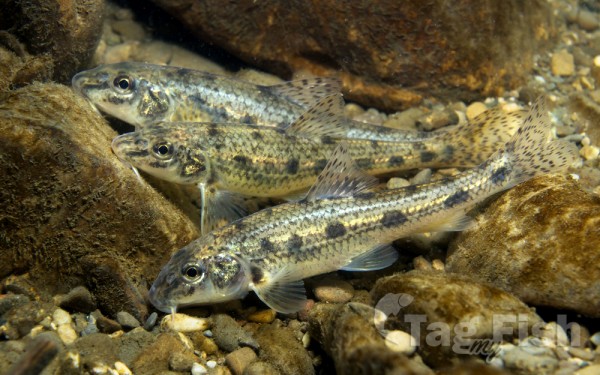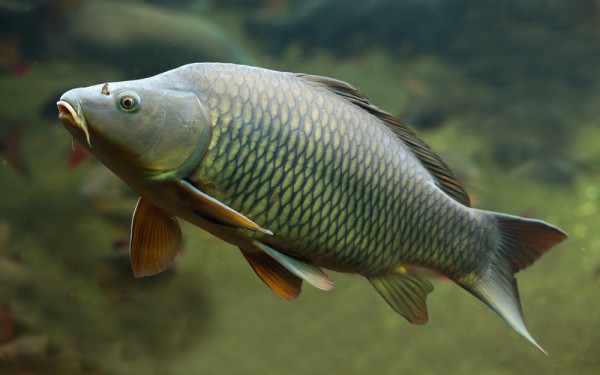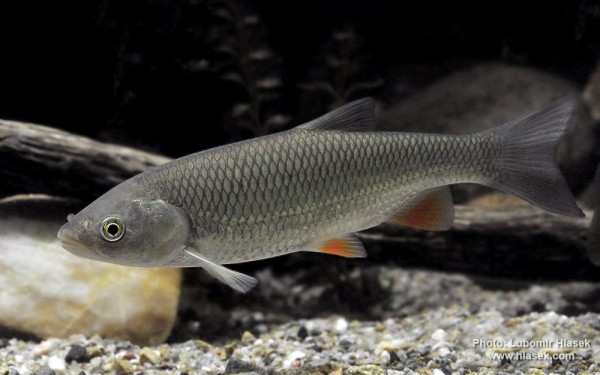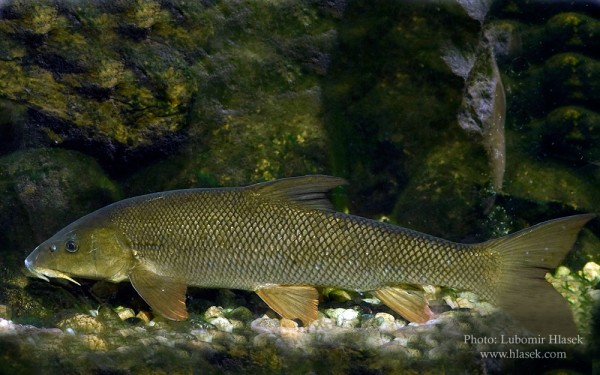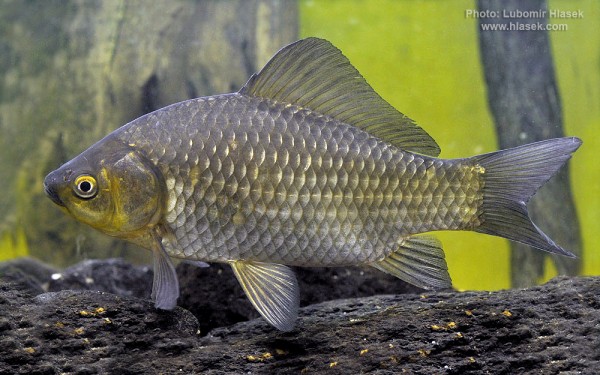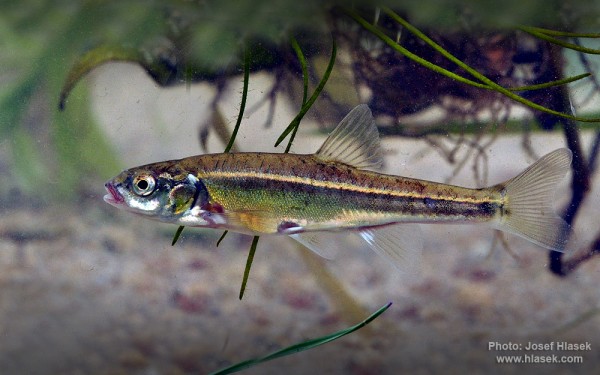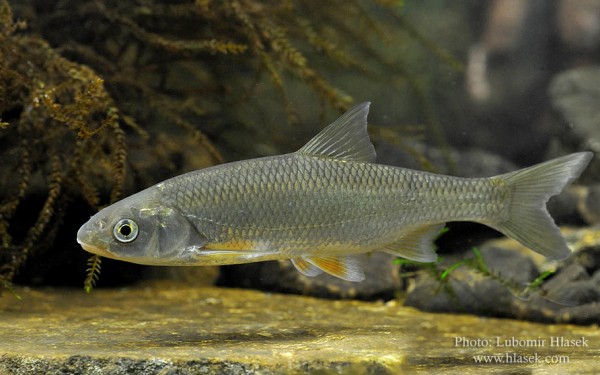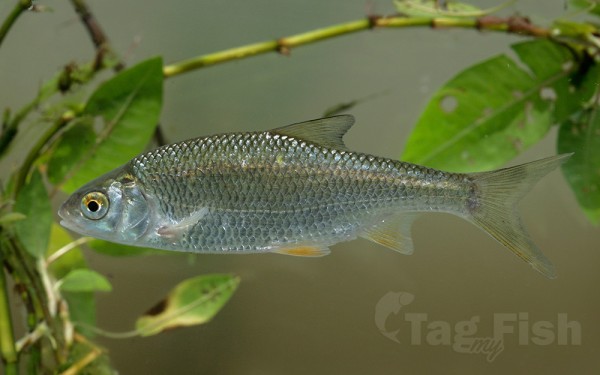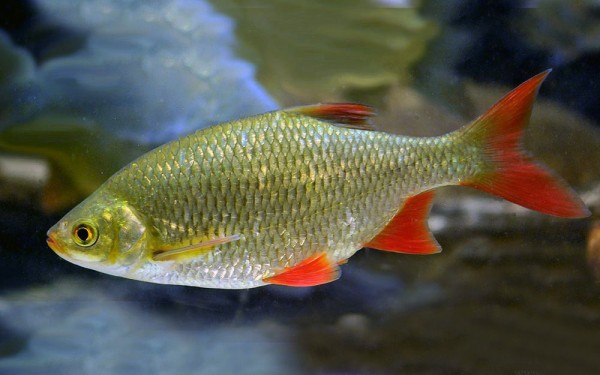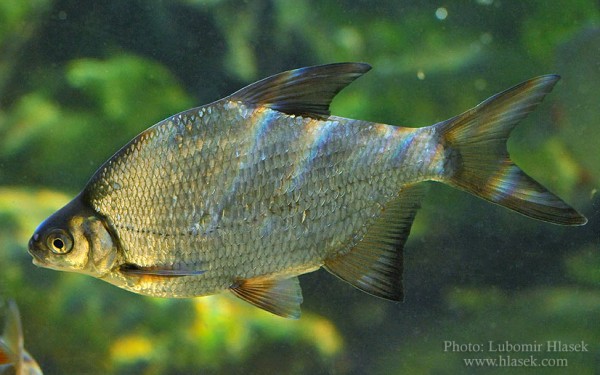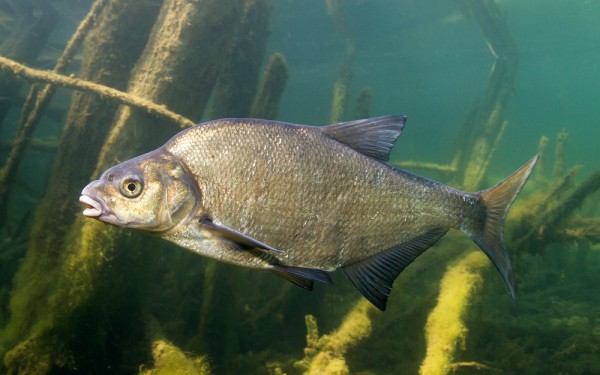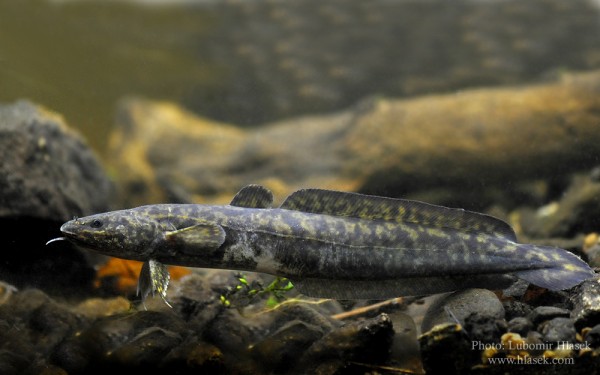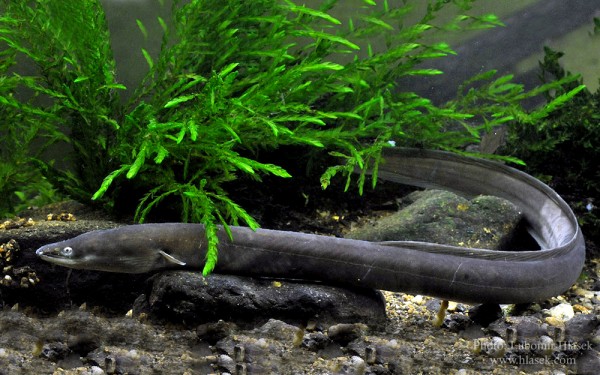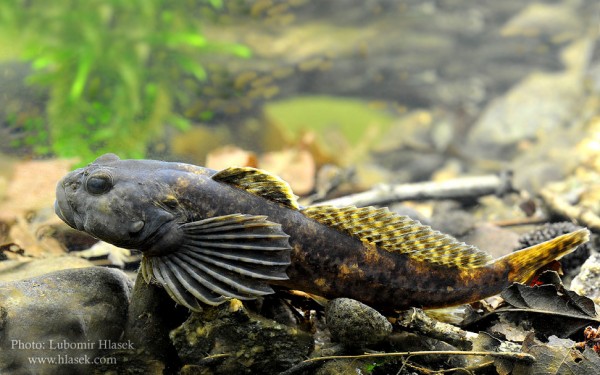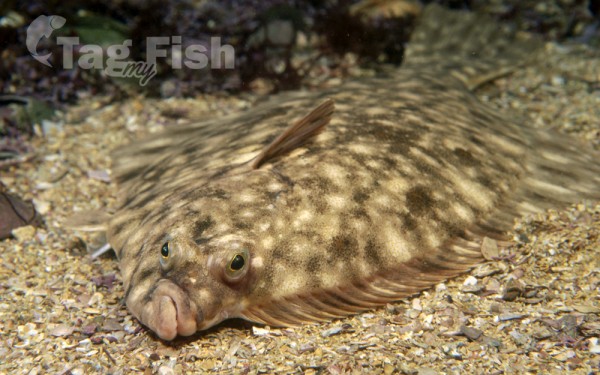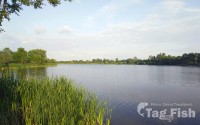Trent
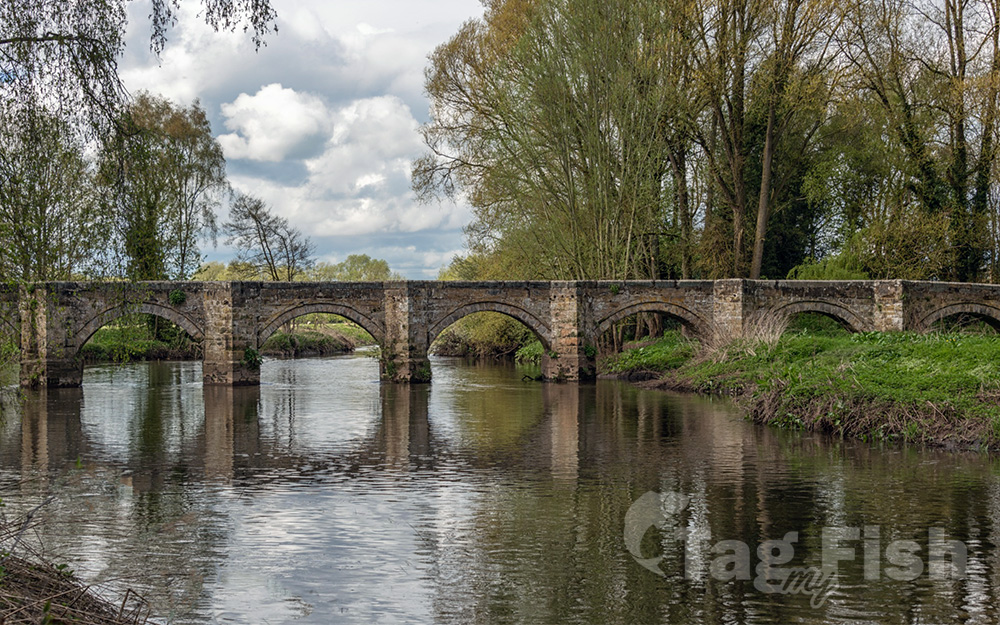
Perciformes - Perches
Salmoniformes - Salmons and Trouts
Esociformes - Pikes
Cypriniformes - Carps
Gadiformes - Cods
Anguilliformes - Eels and morays
Scorpaeniformes - Mail-cheeked fishes
Pleuronectiformes - Flatfishes
Perciformes - Perches
Salmoniformes - Salmons and Trouts
Esociformes - Pikes
Cypriniformes - Carps
Gadiformes - Cods
Anguilliformes - Eels and morays
Scorpaeniformes - Mail-cheeked fishes
Pleuronectiformes - Flatfishes
Perciformes - Perches
Salmoniformes - Salmons and Trouts
Esociformes - Pikes
Cypriniformes - Carps
Gadiformes - Cods
Anguilliformes - Eels and morays
Scorpaeniformes - Mail-cheeked fishes
Pleuronectiformes - Flatfishes
The Trent is the third-longest river in the United Kingdom. Its source is in Staffordshire, on the southern edge of Biddulph Moor. It flows through and drains the North Midlands. The river is known for dramatic flooding after storms and spring snowmelt, which in the past often caused the river to change course.
The river passes through Stoke-on-Trent, Stone, Rugeley, Burton upon Trent and Nottingham before joining the River Ouse at Trent Falls to form the Humber Estuary, which empties into the North Sea between Hull in Yorkshire and Immingham in Lincolnshire. The wide Humber estuary has often been described as the boundary between the Midlands and the north of England.
Fishing
The effluent and industrial pollution of the early 20th century, led to a rapid decline in fish stocks, large stretches of the river became fishless and species such as salmon almost disappeared. As water quality improved from the 1960s onwards, fish numbers recovered, and recreational coarse fishing became more popular.
By the 1970s the Trent was regarded as one of the most productive rivers in the British Isles.
Analysis of catch returns from 1969 to 1985, showed that the fish caught most often by anglers were barbel, bream, bleak, carp, chub, dace, eel, gudgeon, perch, and roach. Over the study period the returns revealed that there was a variation in the species caught, with a shift from roach and dace based catches, to one of chub and bream, a change that was perceived by anglers to represent a serious detriment to the fishery. This led to comments that the river had become too clean for its fish, and its popularity, especially for match fishing, declined from the mid 1980s. Competition from other fisheries such as well stocked ponds and lakes with better amenities and more consistent catches of fish also meant a reduction in the appeal of fishing the Trent.
Recreational fishing is still popular, although anglers no longer line the banks as they once did. There are many fishing clubs that use the river, with catches including barbel, bream, carp, chub, dace, pike, and roach.
Salmon, a species that became virtually extinct due to historic pollution, have been progressively reintroduced on the tributaries since 1998, with thousands of salmon parr being released into the Dove and its tributary the Churnet each year. Returning adult salmon have been seen leaping over weirs on the river and in 2011 a large salmon weighing over 10 pounds (4.5 kg) was caught at an undisclosed location, and was thought to be the biggest caught on the Trent in the last thirty years.

